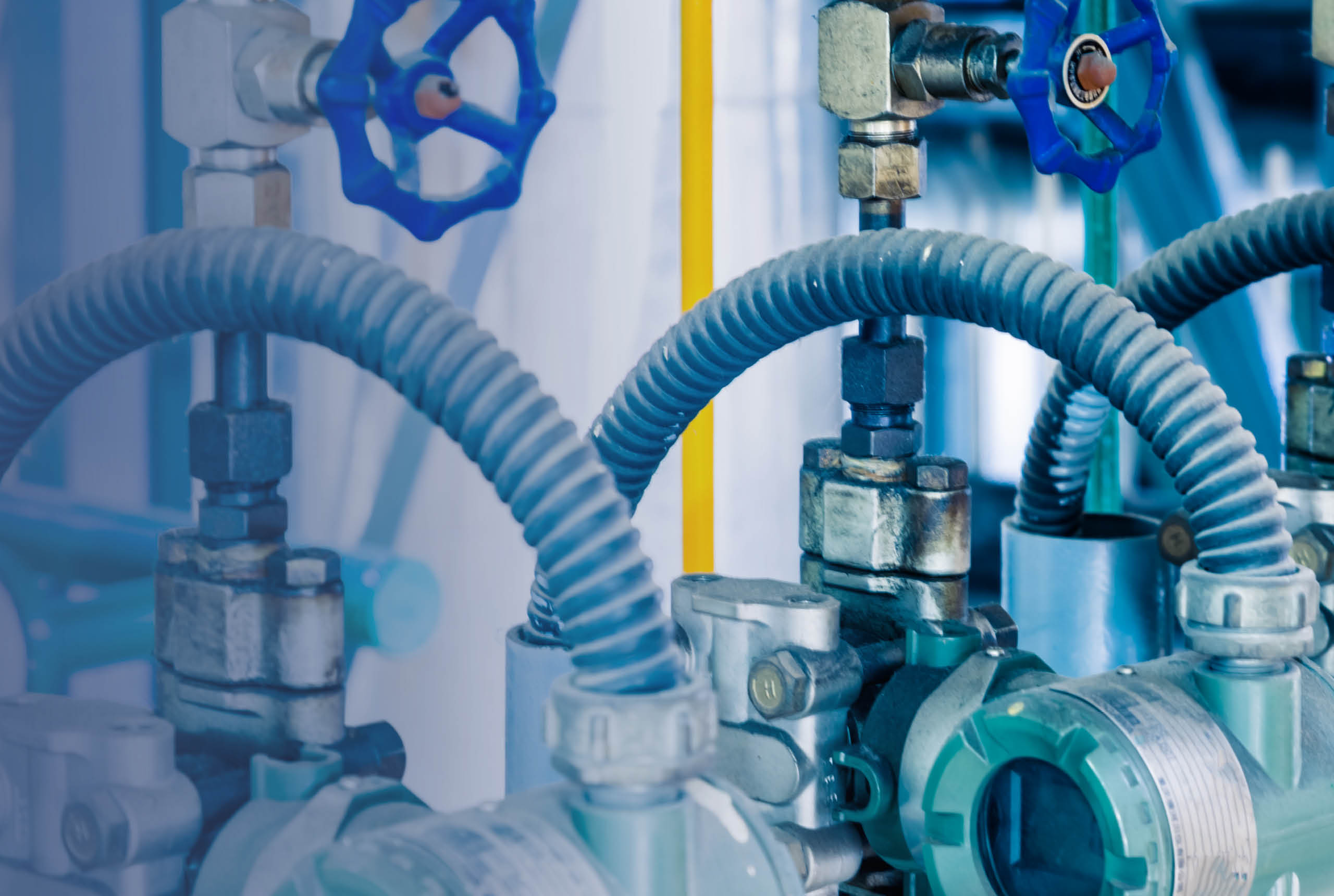
ENVIRONMENTAL & WASTE MANAGEMENT ANALYTICS IN THE AREA
Process water (heating circuits, photovoltaics, heating water, demineralized water, car washes)
Process water is mainly used in industrial plants. It is an important component in the manufacture of products, for power generation or in building engineering services. To minimize damage to systems or health hazards for humans, legal or technical requirements must be met.
Important test parameters in this context are, for example, electrical conductivity, pH value, water hardness, contamination with microorganisms, as well as the solids and gas content.
Regular testing is of great importance for the quality assurance of process water.
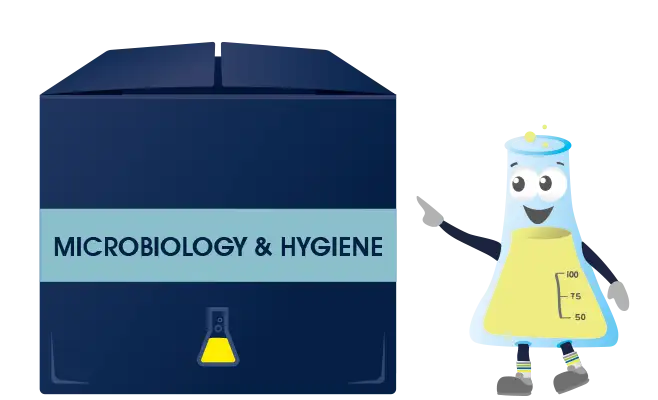
Water is used for many different purposes in industrial operations. This is often not clean drinking water. In some cases, river, rain or groundwater or water from a stagnant body of water is treated and used for cooling, for example.
Process water is also used to clean and bind dust and particles. After treatment, some of the water can be reused, while some is discharged into the public sewer system as wastewater.
Health hazards due to microorganisms (42nd BImSchV)
Reduced cooling capacity due to dirt deposits
Blockage of nozzles and filters due to particles
Damage to the system and appliances due to corrosion

Water plays an important role as a carrier medium in heating circuit systems. It runs through piping systems to distribute the heat, which is then released into the environment via the heating surfaces (radiators). However, even in a closed system, there is a risk of poor water quality and associated defects.
Reduced heat output due to limescale deposits or biofilm formation by microorganisms
Damage to the system and appliances due to corrosion
Corrosion due to condensed gases in the pipes
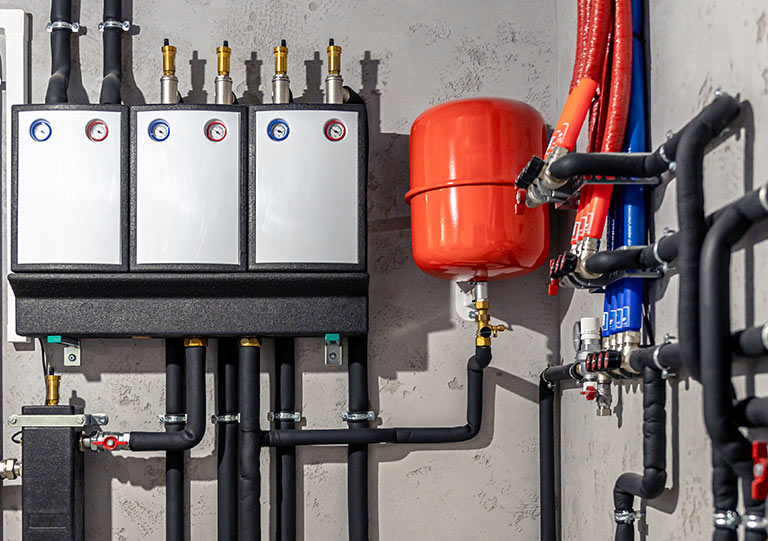
A solar thermal system produces warm to hot water. Sunlight falls on tubes or black pipes through which a mixture of water and antifreeze flows and heats their contents. A pump ensures that the hot water is transferred to the heating system in the building via a heat exchanger. The heated water can then be used for space heating and domestic hot water.
Corrosion due to high electrical conductivity and increased oxygen concentration
Reduced heat output due to limescale deposits or biofilm formation by microorganisms
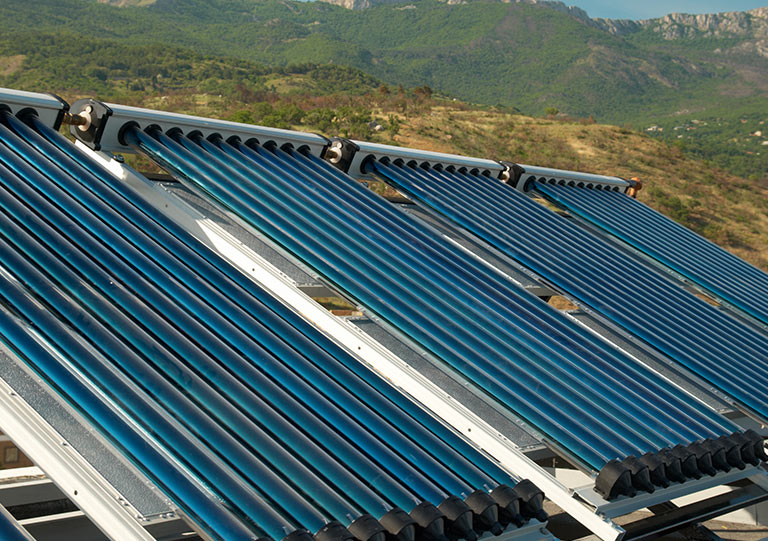
Cleaning a car in a car wash usually consumes between 120 and 600 liters of water. To save fresh water, a large proportion of the used washing water is collected and reused.
A similar process is used in many metalworking industries. In the production of components, water is used to clean the products of emulsions, drawing oils, cooling lubricants and other greases used in the finishing process.
In both cases, it is particularly important to clean the water before reusing it. Contamination from cleaning additives, oils, lubricants and road salt leaking from the vehicle or components must be removed first. Contamination from bacteria and microorganisms should also be checked to protect the health of staff.
Contamination from oils and fuels
Particles as settleable substances
Oil separator
Discharge of waste water
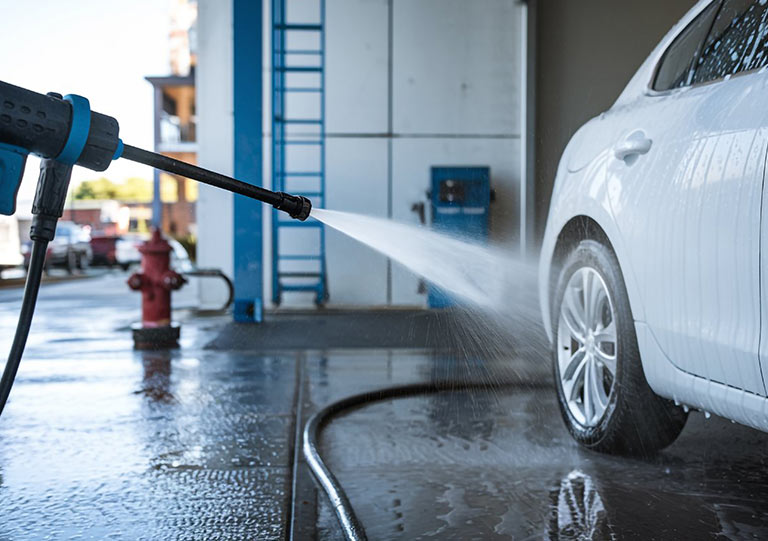
Deionized water is fully demineralized water in which the anions and cations naturally occurring in tap water have been removed. Deionized water is mainly used in the areas of heating and battery filling.
Another application example is the final purification stage for products used in areas with high purification requirements.
In areas with even higher requirements, on the other hand, ultrapure water is used, e.g. in medical technology and the chemical industry.
Electrical conductivity
Analysis for cations and anions
Microorganismen
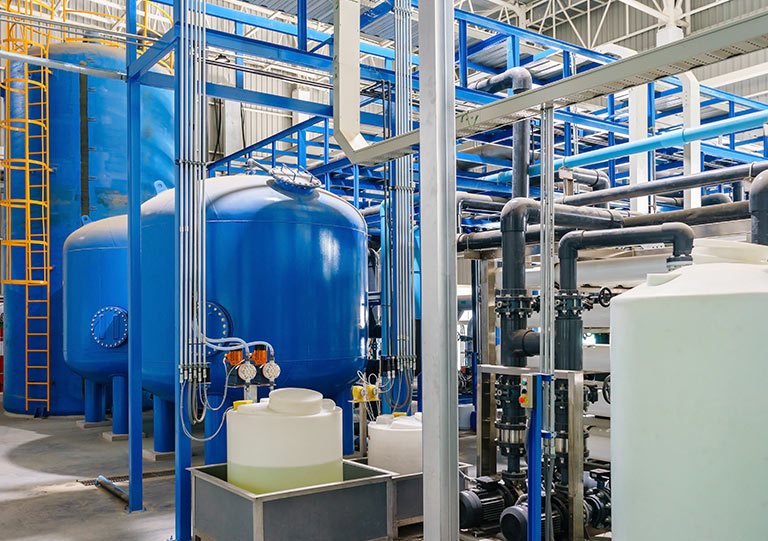
For enquiries about these analyses, please contact our laboratory team at anfrage@industrial-lab.de or get in touch with your contact person:
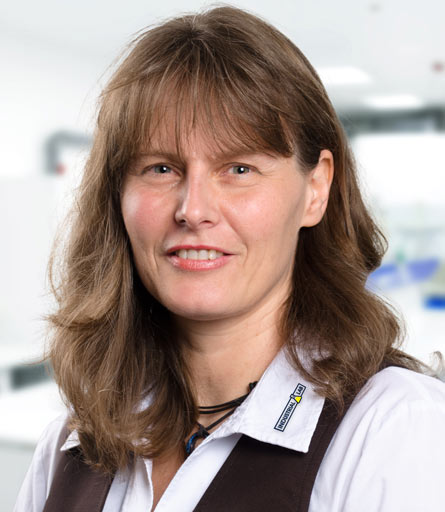
Head of department
Microbiology
02762 9740 - 83
Send e-mail
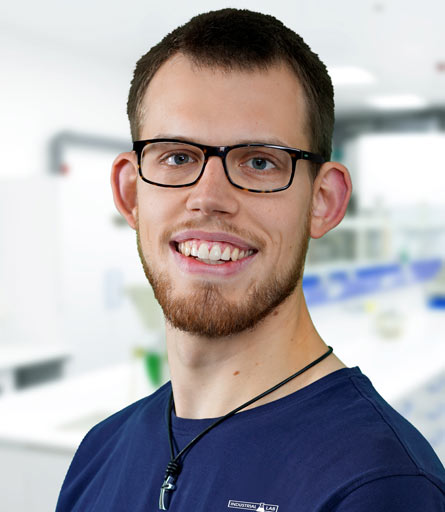
Microbiology
02762 9740 - 31
Send e-mail
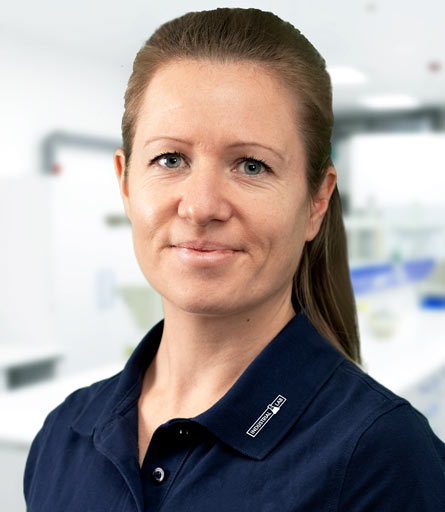
Head of department
Organics / REM
02762 9740 - 28
Send e-mail
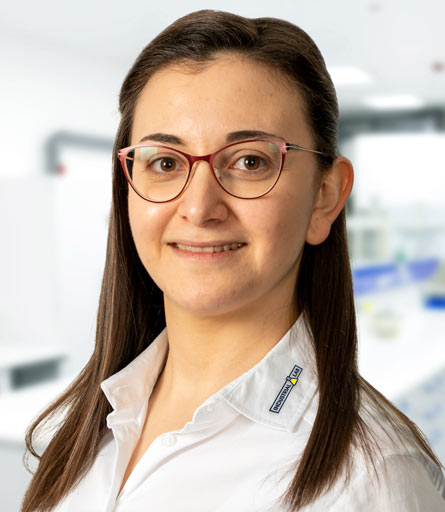
Head of Team Organics
02762 9740 - 35
Send e-mail